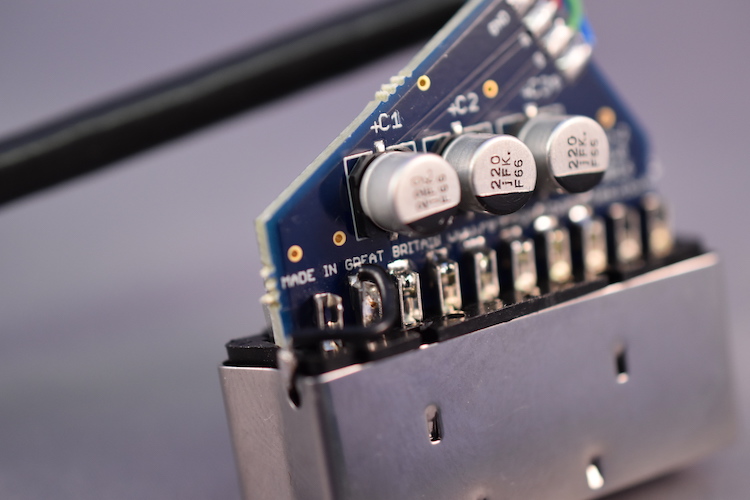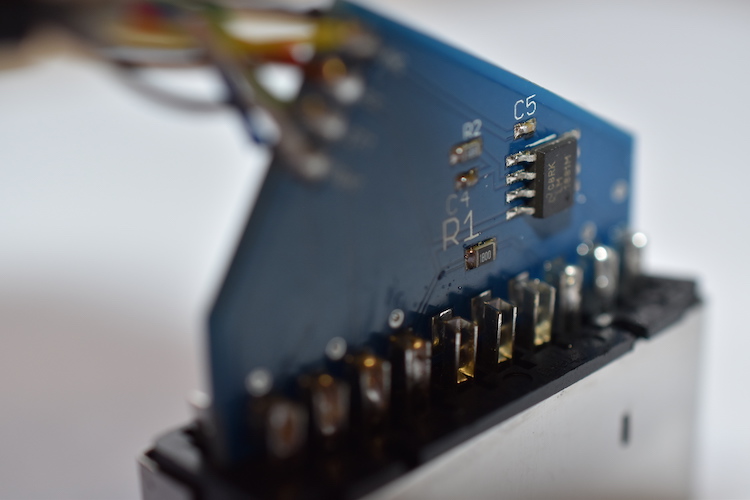Yeah apologies guys, I'm just getting triggered by the acceptance of piracy everywhere I guess, particularly lines like 'Why would you buy that I can get a Raspberry Pi with 1000 games for less' etc.
I mean, of course it's cheaper, it's piracy. There's nothing clever about getting something cheaper by pirating it.
It's not that black and white and you know it. (Prepare for a discussion of piracy ethics and property law theories).
Different people have different preferences. I prefer original North American hardware (mostly). You prefer original Japanese hardware. Some people prefer Wii VC. And some prefer homebrewed emulators. All of these methods can play legitimately obtained games and all of them can play pirated ROMs... yes, even original hardware. If someone enjoys the UI of a Rasberry Pi, more power to them. Just pay for the games whenever possible.
But there are some circumstances where I feel ethically conflicted about whether piracy is wrong or (somewhat) acceptable:
I think it may only
marginally unethical to pirate a game that is not available to be purchased on any Virtual Console or online service, rather than buying it second hand. For example, I will absolutely play a pirated version of BS-F-Zero2 because there is no way for me to legally obtain the ROM in a way that legitimately compensates Nintendo who is the only one who owns the rightful license.
Yes, I
do think pirating it less ethical than tracking down a second hand Satellaview that has it saved to play on my Super Famicom. Why? Because only Nintendo should control the terms of who gets to play its software and under what conditions it deems appropriate. And most carts carry licenses that can only be transferred on a 1 to 1 basis. So accessing that software in an unauthorized way (e.g. priating it from a 3rd party source) does dilute Nintendo's ability to control the access. And, in that sense, it is similar to essentially trespassing on Nintendo's abandoned property, but in a harmless way that causes no actual damages.
So, how should we actually treat situations like this? The
most ethical thing to do would be to simply accept the fact that the game is unavailable and not play it (e.g. do not trespass). That's actually what Nintendo prefers that we do and they should have the final say as the owners of the IP. It's also the most respectful solution to the problem.
But, are we really causing them legitimate damages by downloading it? Not really. Our trespass is akin to walking onto Nintendo's property to simply get a better view of what they've abandoned without breaking or taking anything on the property. Yes, they should be able to prevent us from doing that (I certainly wouldn't want people trespassing on my property without my consent), but it's not really the same thing as stealing or causing genuine damage.
If Nintendo wants us to pay for it, then maybe it is their responsibility to make it available. I think that actually
enforcing any sort of action against piracy in situations like this may be unethical of them. But certainly, it is within their legal right and it is justified for them to have that right even if morally grey for them to exercise that right. (Again, I would want the legal right to prevent people from trespassing even if I don't plan to exercise it).
So for these situations, we do sit in a grey area. Some games are close to impossible to play without piracy or paying exorbitant prices. Nintendo should be able to prevent us from playing something they created and we really ought to respect that (but of course, many of us don't and I can't really blame them). Yet we also would be mad if they enforced actions against people who illegally obtain these types of games. So there's a bit of dissonance there.
Even if the law is clear on this (it's illegal), the ethics of piracy still have so many nuances to them that the law doesn't recognize. And it's, in my opinion, an ethically dissonant situation.







